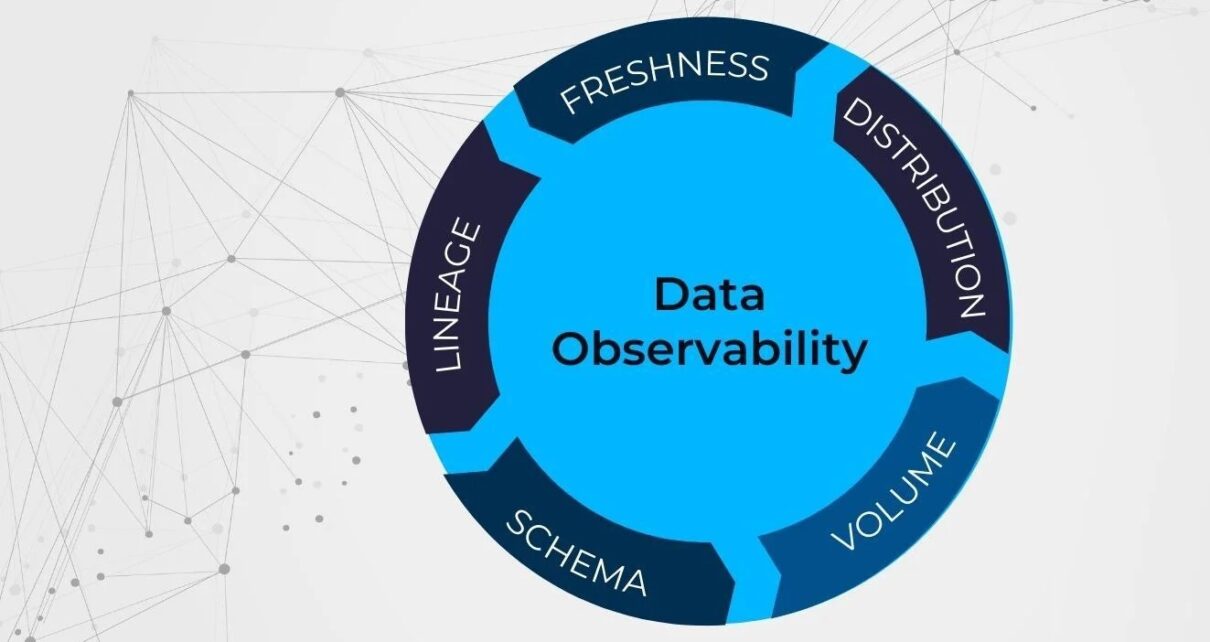In today’s interconnected world, data analytics in a distributed environment has become essential for organizations for managing and analyzing big data effectively. Distributed environments, which involve data spread across multiple systems or locations, demand robust strategies to ensure efficient processing and accurate insights. Whether you’re a beginner or a seasoned professional, understanding the nuances of distributed data analytics is critical. For those looking to advance their skills, pursuing a data analyst course or data analytics course in Mumbai, can be a significant step toward mastering this field.
This article explores practical and actionable best practices for optimizing data analytics in distributed setups.
1. Understand the Architecture of a Distributed Environment
Distributed environments typically consist of multiple systems working together to process data. These can include cloud platforms, on-premises servers, or hybrid setups. Before diving into analytics, it’s vital to understand the architecture of your environment. Key aspects to focus on include:
- Data location: Knowing where data resides ensures efficient retrieval and processing.
- System compatibility: Ensure that your systems can integrate seamlessly.
- Scalability: Plan for future growth, as distributed systems often need to handle increasing amounts of data.
Understanding your environment helps you select the right tools and techniques for data analysis.
2. Emphasize Data Governance
In a distributed environment, data governance ensures that your analytics efforts remain accurate, compliant, and secure. A well-structured governance policy covers:
- Data quality standards: Establish rules to ensure the consistency and accuracy of data.
- Access controls: Design user roles and permissions to protect critical information.
- Regulatory compliance: Follow laws like GDPR or HIPAA, depending on your industry and geography.
A data analyst course or data analytics course in Mumbai can provide in-depth knowledge of governance practices, helping professionals manage and secure data effectively in complex setups.
3. Leverage Distributed Data Processing Frameworks
Apache Hadoop, Spark, and Flink are designed to handle large-scale data processing across distributed systems. These frameworks offer benefits such as:
- Fault tolerance: Systems remain operational even if a node fails.
- Parallel processing: Tasks are distributed across multiple systems, speeding up computation.
- Flexibility: These frameworks can process diverse data types and formats.
Choosing the proper framework depends on your specific use case. For instance, Hadoop is suitable for batch processing, while Spark excels in real-time analytics.
4. Adopt Scalable Storage Solutions
Distributed environments require storage solutions that can scale with your data. Traditional methods often need to catch up when handling large datasets. Modern alternatives include:
- Distributed databases: Cassandra and MongoDB are two examples of data storage and retrieval systems that may span numerous nodes.
- Cloud storage: Platforms like AWS S3 or Google Cloud Storage provide scalable options with integrated analytics tools.
- Data lakes help store raw data and enable future analytics without predefined schemas.
Investing in scalable storage prevents bottlenecks and ensures your analytics processes remain smooth.
5. Implement Efficient Data Integration
Data integration is a cornerstone of distributed analytics. It involves combining data from various sources into a unified view. Best practices include:
- Using ETL tools: Tools like Talend and Informatica streamline extraction, transformation, and loading processes.
- API-based integration: APIs can connect disparate systems and enable real-time data flow.
- Data virtualization: This approach allows querying across different systems without physically moving the data.
A well-integrated system enhances data accuracy and speeds up decision-making.
6. Focus on Real-Time Analytics
Real-time analytics is increasingly essential for organizations, especially in finance, healthcare, and e-commerce industries. Distributed environments can support real-time insights when appropriately configured. Tips for implementing real-time analytics include:
- Stream processing tools: Apache Kafka and Spark Streaming are famous for managing real-time data flows.
- Low-latency infrastructure: Invest in hardware and network solutions that minimize delays.
- Alert systems: Implement automated notifications to act on critical insights instantly.
Developing expertise in real-time analytics through resources like a data analyst course can significantly enhance your ability to implement these systems.
7. Prioritize Security
Security is a significant issue in distributed systems owing to the possibility of unwanted access or data breaches. Protecting your data involves:
- Data Encryption: Encrypt data during transit and at rest.
- Firewalls and intrusion detection systems: These offer an extra layer of security.
- Regular audits: Monitor and review access logs to identify and address vulnerabilities.
Proactively securing your data builds trust with stakeholders and ensures compliance with regulations.
8. Monitor and Optimize Performance
Continuous monitoring helps identify potential issues in your distributed analytics setup. Tools like Grafana and Prometheus provide real-time dashboards for system performance. Key performance metrics to track include:
- Processing times: Ensure analytics tasks are completed within acceptable durations.
- System load: Avoid overloading nodes to maintain efficiency.
- Error rates: Identify and resolve errors before they impact results.
Managing load and resource allocation modifications are examples of optimization approaches that improve performance.
9. Ensure Team Collaboration
Distributed analytics often involves teams working across different locations and functions. Effective cooperation guarantees that all parties are in agreement. Strategies to improve teamwork include:
- Shared dashboards: Platforms like Tableau and Power BI enable team members to access and analyze data collaboratively.
- Regular communication: Hold meetings to discuss progress, challenges, and solutions.
- Documentation: Maintain precise records of data processes and insights for future reference.
Collaboration fosters innovation and ensures consistent results.
10. Invest in Continuous Learning
Data analytics is constantly evolving. Staying updated with the latest tools, techniques, and trends is crucial. Professionals can benefit from:
- Workshops and certifications: These offer practical, hands-on experience.
- Online courses: Many platforms provide flexible learning options for busy professionals.
- Local training programs: For instance, a data analyst course can offer personalized guidance and networking opportunities for those based in India.
Continuous learning keeps you ahead of industry trends and enhances your ability to handle complex distributed environments.
Conclusion
Data analytics in distributed environments requires careful planning, robust tools, and consistent effort. Organizations may maximize the value of their data by applying best practices such as understanding its architecture, prioritizing data governance, and concentrating on real-time insights. Security, teamwork, and continual learning promote long-term success.
Whether you’re just getting started or want to expand your knowledge, investing in skill development is crucial. A data analyst course or data analytics course in Mumbai can be an excellent starting point, equipping you with the knowledge and tools needed to excel in this dynamic field. Take the next step today and confidently embrace the future of data analytics!
Business Name: Data Science, Data Analyst and Business Analyst Course in Mumbai
Address: 1304, 13th floor, A wing, Dev Corpora, Cadbury junction, Eastern Express Highway, Thane, Mumbai, Maharashtra 400601 Phone: 095132 58922





